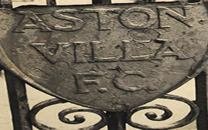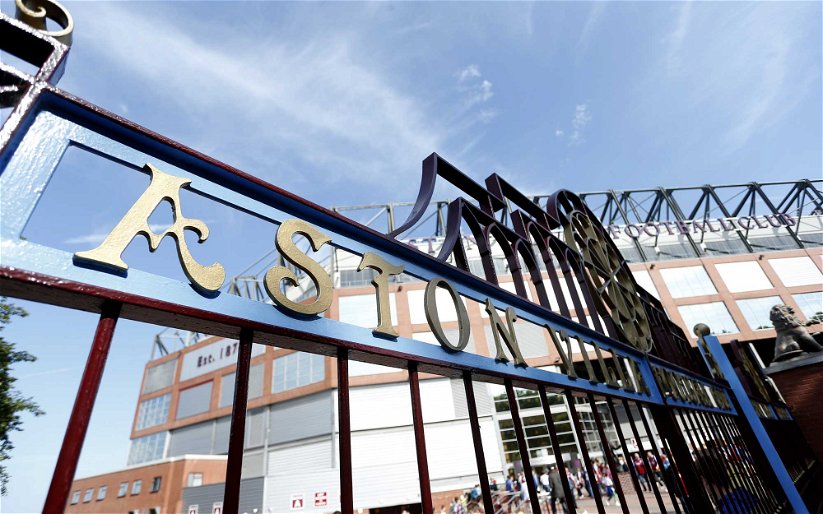Sheer brilliance, arising from an understanding of customers, business and a lack of traditional class resentment.
My career in retailing was rather short and for that I hope I have always been grateful. Apart from games of football in the warehouse and an endless supply of broken biscuits, I didn’t find it much fun and the lousy pay and the feudal hierarchy were rather discouraging. I didn’t gag when I was detailed to cut the maggots out of the bacon and I didn’t blush when I served that same bacon to oblivious housewives, I just did what I was told, even if I didn’t quite like doing it. Moralists will be pleased to hear that the shop in question was as likely to rob me of my wages, as they were to cheat and poison their customers, so things tended to equal out and the only consolation was a skive and yet more broken biscuits.
Expectations were low and standards did not challenge those expectations.
These days things are somewhat better and although farmers might complain that the likes of Tesco have reduced them to serfs by the way they squeeze prices, the experience at the check-out has improved vastly, compared with the surly and shoddy treatment, I associate with the small retailer on the High Street. In fact, it is still possible to enjoy that early post-war shopping experience, if you know the right stores and there is no shortage of owners who enthusiastically follow the tradition as celebrated by the character of Basil Fawlty. Locally I have a candidate, I am confident would be a finalist in any competition for the rudest retailer in the country. I also have a decent candidate for the dirtiest shop in Britain.
What can be said of shop-owners can be said rather more severely about publicans, where even the mildest complaint will often lead to the perpetrator being shown the door. But this is as nothing compared with the habit of a certain pub in Perry Barr, which used to serve maggots with the beer, or rather more accurately the larvae of some summer fly, which used to spawn in the congealed spillage around a tap nozzle. But at least the meat was fresh, which is more you could say about the sandwiches. Yet, Mary, the licensee, never thought for a second that she was not the social superior of every single one of her customers.
I am not sure what Napoleon meant by his insult about Britain being a nation of shopkeepers, but as a term of disparagement, it was not hard to figure. It even seemed that Thatcherism was the translation of that contemptuous shopkeeping mentality into politics, especially the way it embodied the contempt for one class of customer with the sucking-up to another. But worse still, is that seeing a surly and snappy proprietor sitting on his stool surrounded by his dusty stock, with that mysterious smell of something decaying haunting his premises, it always looked like a lazy monopoly born of the absence of competition and convenience of locality, rather than what we now think of as enterprise. A position of privileged complacency, left unchallenged by class rigidity and lack of customer choice.
Thankfully things have changed and the increased competition has built in severe punishments for anyone who takes the piss out of their customers these days. Even Marks & Spencer’s paid the price for sweating their customers, in those years of record profits, when they thought the punters would not notice how the quality had dropped, while the prices remained high. Quick-Save have struggled since customers fell out with their scruffy shopping experience. Sainsbury for their complacency and empty shelves. The list goes on but when these companies realise they are in the deep doo-doo, they usually have the resources and willingness to bring in the expertise to get it sorted. In the case of M&S, the strategy has been to amuse their customers, until they forget how they had been ripped-off.
It seems Villa are attempting a similar strategy and judging by the number of fresh ideas, which seem to emerge from the club these days, for once the management team seem to be working with the sort of intensity, you don’t normally associate with football. Its only a guess, but when one group of high status employees within a company only work part-time (the players), then it seems likely that any other group who consider themselves to be of equally high status (the board), would do the same. And that is the tradition. Football has long been a part-time and a round of golf/game of tennis sort of industry. The guy with the lowest status, the security-guard on the gate, will always work the longest hours.
It took a Swede to transform the England post from a sinecure to a proper full-time job and it looks like the Americans are in the process of doing the same to the management of Aston Villa. If I thought that the end-of-season party was a very clever piece of, albeit generous, strategy, I consider the latest idea of the loss-leader on a limited number of season-tickets, as absolute genius. This is the sort of strategy supermarkets have been using for decades, to entice people into their shops and to see it applied to a football club, seems to demonstrate a deep understanding of the psychology their customers. In short -professionalism.
Its one of those strategies Alan Sugar has to explain to the competitors on the Apprentice, which seem so obvious after the event.
So what does it achieve and how much does it cost? It seems to cost very little, as there is no guarantee that these seats will be sold for every game, as they are considered the least desirable. So, what does it achieve?
It flips the switch in the head of the punter from ‘No I am not getting a ticket’, to ‘Maybe its not much of a risk for two-hundred squid’. Once that switch has been thrown and the guy gets down the ticket office, what’s going to happen when he gets to the window? He/she has decided to make the purchase, which is not a financial decision, it is an emotional decision and he/she visualizes themselves cheering the Villa on. So when he/she gets down the season ticket office and they have either sold-out of cheapo ones, or perhaps he/she realises that the view from the seat does not quite match the visualization, then he/she is going to upgrade. If you have already committed to spend two-hundred, raising it to three hundred is actually a lesser step.
Sheer brilliance, arising from an understanding of customers, business and a lack of traditional class resentment.
U – S – A!
U – S – A!
U – S – A!
By Steve Wade

